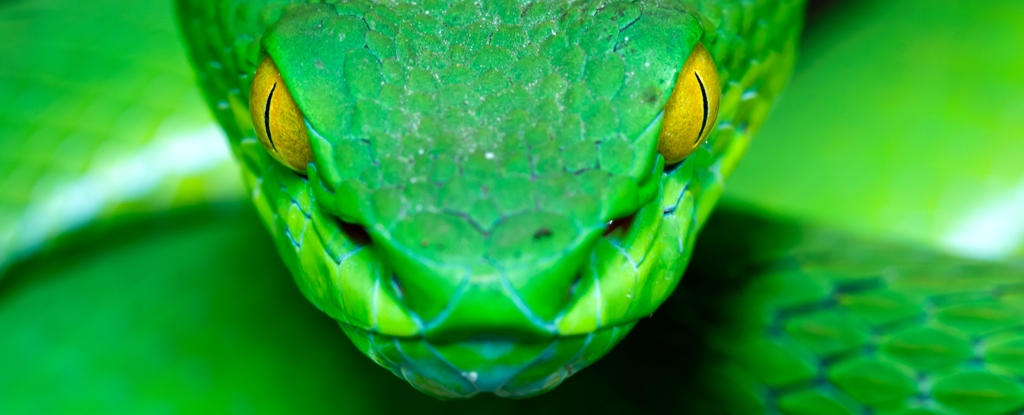When it comes to keeping our homes and lives in order, many of us overlook the expiry dates on everyday items. While most people know about the expiry dates on food and medicine, several other items quietly expire and could potentially become ineffective or even harmful.
Here is a list of everyday items you may not know have expiry dates and why it is important to check their label regularly
Perfumes and colognes
Perfumes and colognes have a shelf life of about 3-5 years. Over time, exposure to light and heat causes chemical changes, which can alter their scent or even irritate your skin. Store them in a cool, dark place to maximise their lifespan.
Spices and herbs
Although spices don’t spoil like fresh produce, they lose their flavour and aroma over time. Ground spices are usually effective for 2-3 years, while whole spices can last up to 4 years. Using old spices can result in bland dishes.
Sunscreen
Sunscreens lose their UV-blocking ability after about three years. Using expired sunscreen can leave your skin vulnerable to harmful UV rays, increasing the risk of sunburn and long-term damage.
Essential oils
Essential oils also degrade with time. Their potency and fragrance weaken, especially if they are not stored in airtight containers or are exposed to light. The typical shelf life is 1-3 years, depending on the type of oil.
Fire extinguishers
Fire extinguishers are often overlooked. Their lifespan ranges from 5-15 years, depending on the type. An expired extinguisher may fail during an emergency, posing a serious risk.
Bottled water
Though water itself does not expire, the plastic bottles can leach chemicals into the water over time. Most bottled water is best consumed within 1-2 years of production.
Toothpaste
Toothpaste, like many other personal care products, comes with an expiry date. Most toothpastes are effective for about two years. After this, fluoride may degrade, making the paste less effective in protecting your teeth.
Disinfectants and cleaning products
Disinfectants, including wipes and sprays, lose their potency over time, typically within 2-3 years. Using expired disinfectants may not effectively kill germs, leaving surfaces inadequately cleaned.
Makeup
Cosmetics like mascara, foundation, and lipsticks have varying lifespans. Mascara and liquid eyeliner should be replaced every 3-6 months to avoid bacterial growth, while lipsticks and powders can last 1-2 years. Expired makeup can cause skin irritation or infections.
Cooking oil
Cooking oils, such as olive, sunflower, and coconut oils, can turn rancid if kept for too long. Most oils have a shelf life of 1-2 years. Consuming rancid oil may lead to digestive discomfort and unpleasant tastes.
Staying informed and mindful of these hidden expiry dates is a small effort that brings significant benefits. Keep an eye out, check your labels, and keep your household items in check.







Leave a Comment